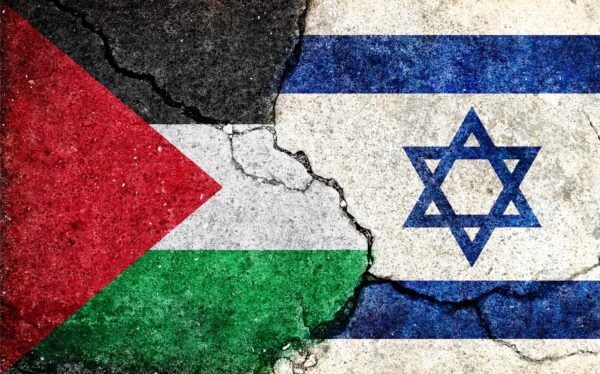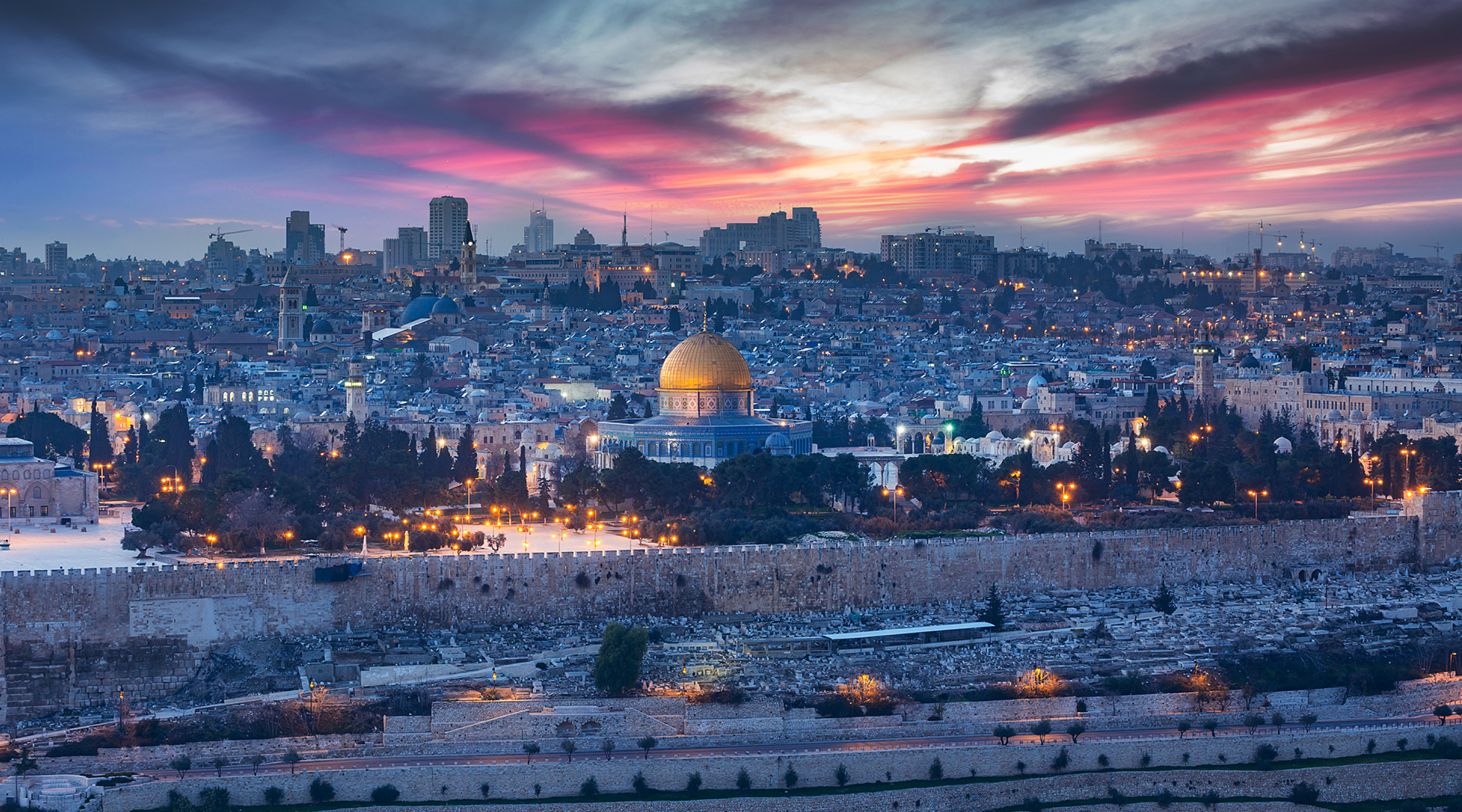
Axios reported yesterday that Secretary of State Antony Blinken asked the State Department to conduct a review and present policy options on possible U.S. and international recognition of a Palestinian state after the war in Gaza according two U.S. officials briefed on the issue.
While the U.S. officials were quick to add that there has not been an official policy change, this maneuver by the State Department to consider recognizing a Palestinian state signals a shift, one that will have great ramifications both domestically and internationally.
For decades, the U.S. has been opposed to the unilateral recognition of Palestine as a state and has pushed for the recognition of a new Palestinian state through direct negotiations between Israel and the Palestinian Authority.
Why the sudden shift? Because President Biden believes Israel’s war with Hamas is taking too long and he is being pressured by his Pro-Palestinian staff and voting base to end the war.
So, the Biden administration is attempting to link normalization with Saudi Arabia to an “irrevocable” pathway to a Two-State Solution. But, in order to remove the Palestinian state obstacle from the negotiation table, the State Department is now considering the possibility of making the recognition of the state of Palestine the first step in the normalization process between Israel and Saudi Arabia.
How could the U.S. make a recognized Palestinian state a reality on the world stage?
First, the U.S. could bilaterally recognize the state of Palestine. Second, the U.S. could allow the United Nations Security Council to grant the state of Palestine full membership to the U.N. and not use its veto power to block it. Third, the U.S. could encourage other nations to recognize Palestine.
And as if on cue, the United Kingdom’s Foreign Secretary, David Cameron, said on Monday, “We should be starting to set out what a Palestinian state would look like — what it would comprise, how it would work. As that happens, we, with allies, will look at the issue of recognizing a Palestinian state, including at the United Nations. This could be one of the things that helps to make this process irreversible” (Al Arabiya News).
The British government insisted yesterday that its stance on the Middle East peace process remained unchanged after Cameron suggested the UK could soon recognize a Palestinian state (Al Arabiya News). Nevertheless, the seed has been planted.
This is not the first time that there have been attempts to normalize relations between Israel and Saudi Arabia. In fact, it was attempted in 2002, 2007, and 2017. But each time negotiations were terminated due to a terrorist attack against Israel.
On March 27, 2002, Arab leaders traveled to Beirut and offered to Israel to, “consider the Arab-Israeli conflict over, sign a peace agreement with Israel, and achieve peace for all states in the region” (Asia Times). But negotiations ended later that same day after a Hamas terrorist detonated a bomb in a hotel in Netanya which killed 30 Israelis who were observing a Passover dinner.
Another angle the U.S. State Department is considering is a demilitarized Palestinian state so that Israel will never have to fear an invasion by land, sea, or air ever again. Netanyahu proposed this idea in 2009 and 2015, yet without success.
But what all of these options fail to admit is that there is a historical pattern when it comes to peace agreements between Israel and her Muslim neighbors and this historical pattern brings to light a glaring problem with the Palestinian state and the proposed peace negotiations between Israel and Saudi Arabia.
Question: What is the glaring problem?
Answer: The Palestinians in Gaza and the West Bank do not want to peacefully co-exist with Israel because they are committed to a One-State Solution ( a.k.a., Hitler’s “Final Solution” for the Jews), meaning the annihilation of the Jews.
During an interview earlier this month, Hamas Leader Khaled Mashal confirmed that Hamas and the majority of Palestinians reject any Two-State Solution when he said,
“I would like to say two things about the two-state solution. First, we have nothing to do with the two-state solution. We reject this notion, because it means you would get a promise for a state, yet you are required to recognize the legitimacy of the other state, which is the Zionist entity. This is unacceptable. We demand to be liberated, to get rid of the occupation, and to have our independence, and our state. . . I believe that October 7 has enhanced this conviction, has narrowed the disagreements, and has turned the idea of liberating Palestine from the River to the Sea into a realistic idea that has already begun. It is not something to be expected or hoped for. It is part of the plan, part of the agenda, and we are standing on its threshold, Allah willing” (MEMRI).
Netanyahu understood this was true when he cautioned the U.N. against appeasing the Palestinians by giving them veto power over peace last year.
But let’s be clear, even if the U.S. were to officially recognize a new Palestinian state or refuses to veto its full membership by the U.N., do you honestly believe the likes of Iran or Hezbollah will quietly stand down and welcome the establishment of a Two-State Solution?
And if a new Palestinian state is declawed and defanged, do you honestly believe it will stay that way? How will the United Nations keep the weapons out? And who will monitor it to ensure it stays that way? Hasn’t this been tried before in places like Iran? By the way, how well did that work when it came to monitoring Iran’s nuclear program?
Again, Nasrallah’s threat to Saudi Arabia and the rest of the Arab world five days prior to October 7th is the resounding answer to these questions.
Please join me in praying for the peace of Israel and the leaders of the U.S.
by Dr. Matthew Dodd | February 1, 2024
